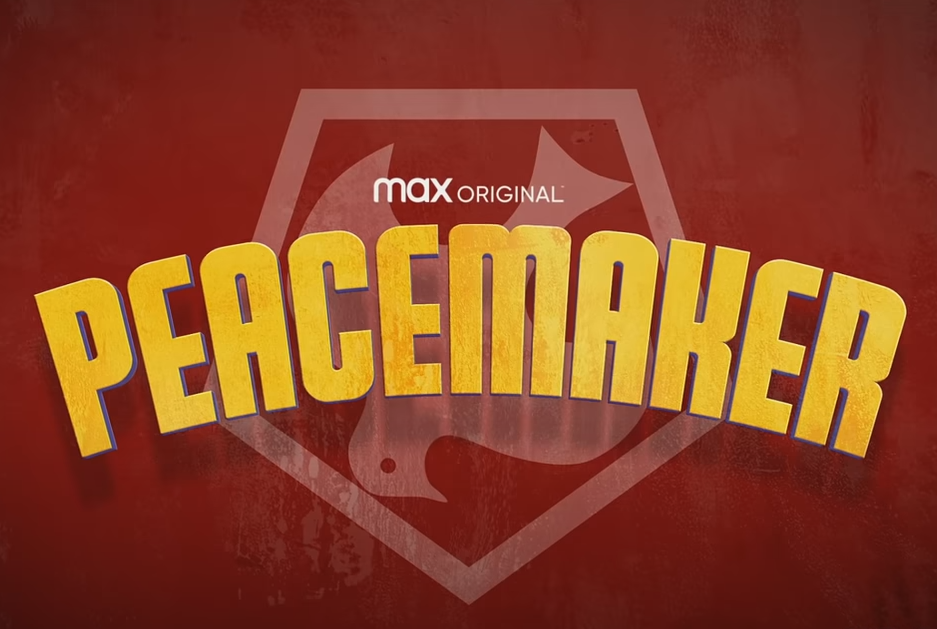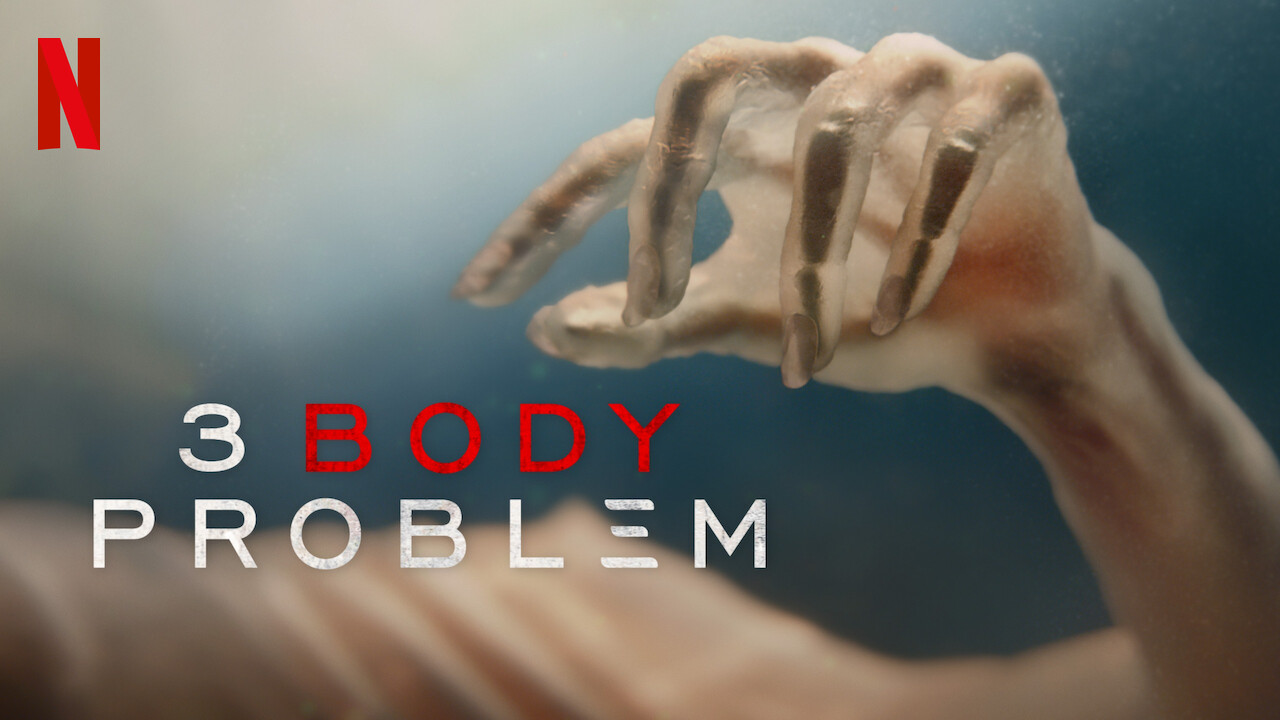Old British mansions are spooky. They are deteriorating, cavernous, cold dark—and most importantly—probably haunted.
Based on the novel by Sarah Waters, The Little Stranger tells the story of Dr. Faraday, son of a housemaid, who has quietly built a life of respectability as a countryside doctor. In one hot summer of 1948, he was called to a patient at Hundreds Hall, where his mother once worked. The Hall has been home to the Ayres family for more than two centuries. Now the home is in decline and its inhabitants only include the mother, son and daughter. They are haunted by something more ominous than a dying way of life. When he takes on the new patient, Faraday soon realizes that this family’s story has become entwined with his own.
The film stars Domhnall Gleeson, Ruth Wilson, Will Poulter and Charlotte Rampling. The screenplay is written by Lucinda Coxon (The Danish Girl) and directed by Lenny Abrahamson (The Room).
LRM Online had an exclusive phone interview with director Lenny Abrahamson as he promoted the film in the United States. We talked about the adaptation from book to screen. We also discussed the main characters of the film—Domhnall Gleeson and the mansion.
The Little Stranger is playing in theaters nationwide today.
Read our interview transcript below.
LRM: Before I start, I just wanted to remark that I really loved the film The Room.
Lenny Abrahamson: Thank you.
LRM: We’re here to talk about The Little Stranger, which is quite a different trek for you. Why you are attracted to this project?
Lenny Abrahamson: Well, it’s amazing thing that sort of things just stick sometimes. This really stuck with me. I read the novel. Actually, when it came out like 10 years ago, I absolutely loved it. It’s something to do with how hard it is to categorize, right? It’s a ghost story. It’s also a kind of a drama. It’s also sort of a romance. It’s a period piece. It’s loads the sort of social commentary. It’s a really, really rich combination of these different elements. All of which come together I think to create a really powerful experience for me as a reader.
I always liked to be challenged in what I make. I feel how hard it would be to marry all these different elements and create one single piece of cinematic storytelling. I was drawn to the challenge. I was drawn to the atmosphere of the book. I was drawn towards the oddness of the characters. The characters are really quite extraordinary.
I grew up in Ireland, but right next door to Britain. I am fascinated by class as well. This is a book about class. It’s a book set in the period of time when the British class system was beginning to crumble after having been absolutely rigid for so long. All in all, I found it too compelling to not do it,
LRM: To not do it?
Lenny Abrahamson: Yeah, exactly. I couldn’t not do it. I have to do it.
LRM: One of the major difficulties for a lot for a lot of directors is trying to adapt a book onto screen. How did you manage to do it? For this one, especially, to balance all those elements like you said.
Lenny Abrahamson: Sure. Well, first of all, having a brilliant screenwriter is a huge part of it. Lucinda Coxon is fantastic and she did so much of the really heavy lifting here. The key is that you have to respect the demands of a film storytelling. You can’t fall in love with every part of a book. You can’t go, “Well, I don’t care. I’m just going to throw it all in and hope it works out.” You have to find a line through the story. you know, Big decisions are around point of view, who you with, eyes to it through and how do you recreate in a different medium. It’s to keep some of the same and atmospheric richness that the book has. It’s with all of those questions. I think what we try to do is stay true to the essence of the book, but at the same time allow ourselves the freedom to make the film–the best film that could be.
LRM: How much consultation did you have with Sarah Waters, the novelist?
Lenny Abrahamson: It was a lovely relationship. We can talk to Sarah as much as we wanted. I certainly had quite a few questions for her towards the end of the process about what had been in her mind. I read it quite a lot of interviews with her as well, which helped to sharpen my instincts about the book. Genuinely, we didn’t in the process, she was very happy to let us go and do our thing. I think she understands like we understand that the film is different to the book. She understands that as well. She recognizes that the filmmakers have to sort of do it their way. It was a really lovely and friendly relationship. For most part, most of the process, it was really just filmmakers working independently.
LRM: That surprising ending towards the film. Was that your interpretation of the ending? Or was that actually hers? Or was it someone else’s?
Lenny Abrahamson: It’s a little different in the film to the book. The way the film end–it’s not precisely the same as the way the book ends. From the perspective of the storytelling in the film, it was the right ending. The really nice thing is that we’ve heard from Sarah with a lovely e-mail from her that she really loves the end of the film. That’s the bit where it obviously slightly tweaked and changed from the novel. I think she likes it a lot and feels that it does bring something to the film that works.
LRM: I know it’s usually on these message boards online. It’s like the most debatable thing about that book. You’ve done an excellent job with this.
Lenny Abrahamson: Yeah, it really is. It’s such an open ending. We probably wanted to just allow in order for the emotional kind of punch to land at the end. It fell to us that we have to approach it in a slightly different way. I think it’s still very true to what the book is about.
LRM: What was the most regrettable thing you had to leave out from the movie?
Lenny Abrahamson: There’s so much just observational stuff in the novel about on how people operated in that period of time in Britain. It’s so rich. There are so many scenes in which way the family operated and far they observed. You just have to let it go, because there’s no way that you can contain all in the film. The film, as a medium, is very demanding of forward motion. A lot of stuff we cut from the adaptation, but even some things that we filmed we have to lose. Even though they’re lovely and fascinating scenes, they didn’t earn their keep in the film. They have to go. Any adaptations in the process of grieving for the things that you have to lose.
LRM: Talk about that house. That house, to me, was the primary character for the movie.
Lenny Abrahamson: That’s an interesting thing. It’s pretty much we shot all the house interiors in this house outside London. It’s a very old house, which was built in the 1700s. It was about to be redeveloped. It had fallen into disrepair, which is perfect. AWe were allowed to do all sorts of things–inside and out. That was brilliant. It was really atmospheric house.
We also have to use quite a lot of pretty clever computer graphics, because some of the features that we needed weren’t in the house. For example, there’s no sky lights and it’s only two stories. There isn’t a third story on top. We had to make it feel like there’s one more level that you can look down from. A lot of work that was done. There was a lot of special effects done by a company in Dublin called Screen Scene. I do my post production where I live in Ireland. The house itself, it became quite oppressive to shoot in there for the crew. The atmosphere of the film eventually seeps into the location. Although it’s a huge house, it was quite claustrophobic. I joked that the set of The Room was about 11 feet by 11 feet and yet The Little Stranger was a little more claustrophobic.
LRM: You could’ve fooled me. I have to talk about the star of the movie of course is with Domhnall Gleeson. Talk about how great it was to actually work with him and why he so pivotal.
Lenny Abrahamson: Domhnall is an amazing actor. He’s a brilliant instinctive actor who can find acceptance and emotional to life. He can access the emotional life of the character brilliantly. He’s also an amazing collaborator who you can talk to about the film as a whole. So he’s an incredible person to work with and collaborate with. I’ve worked with him in the film called Frank. I’ve become friends with him. We’ve always wanted to do something together again. This was the perfect opportunity. The character, itself, is hard to play because he’s so repressed. He holds everything inside. He keeps himself really firmly under control. Yet, there’s something raging underneath the surface. Domhnall managed, in an extraordinary way, to convey that with great delicacy. I’m incredibly proud of performance. I’m proud of everybody from this film. The cast is uniquely excellent. Domhnall had to carry the film. He’s in everything pretty much in every single scene. It was beautiful.
LRM: Hey, I appreciate this conversation. Once again, I have to say–you work your magic. Excellent job.
Lenny Abrahamson: Thanks so much. Appreciate it. Look forward to talking again.
Source: LRM Online Exclusive

 FOR FANBOYS, BY FANBOYS
Have you checked out LRM Online’s official podcasts and videos on The Genreverse Podcast Network? Available on YouTube and all your favorite podcast apps, This multimedia empire includes The Daily CoG, Breaking Geek Radio: The Podcast, GeekScholars Movie News, Anime-Versal Review Podcast, and our Star Wars dedicated podcast The Cantina. Check it out by listening on all your favorite podcast apps, or watching on YouTube!
Subscribe on: Apple Podcasts | Spotify | SoundCloud | Stitcher | Google Play
FOR FANBOYS, BY FANBOYS
Have you checked out LRM Online’s official podcasts and videos on The Genreverse Podcast Network? Available on YouTube and all your favorite podcast apps, This multimedia empire includes The Daily CoG, Breaking Geek Radio: The Podcast, GeekScholars Movie News, Anime-Versal Review Podcast, and our Star Wars dedicated podcast The Cantina. Check it out by listening on all your favorite podcast apps, or watching on YouTube!
Subscribe on: Apple Podcasts | Spotify | SoundCloud | Stitcher | Google Play



